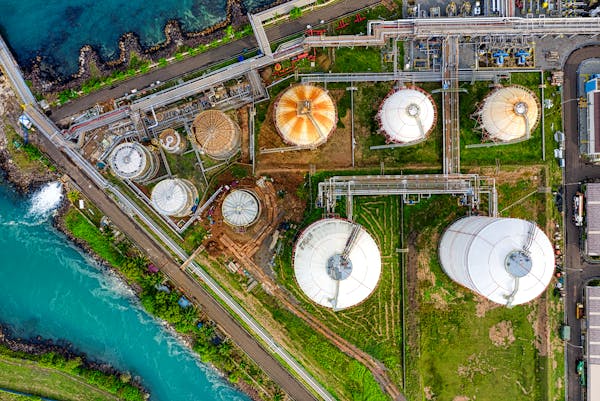
Sustainability has become a key focus in the logistics industry, with companies adopting green logistics practices to minimize their carbon footprint. Green logistics involves reducing waste, optimizing energy use, and implementing eco-friendly transportation methods.
One of the most effective ways to achieve green logistics is through sustainable transportation. Many companies are transitioning to electric and hybrid delivery vehicles to lower emissions. Additionally, using biofuels and alternative energy sources helps reduce reliance on fossil fuels.
Optimized packaging is another crucial aspect of green logistics. Reducing packaging waste, using recyclable materials, and adopting reusable packaging solutions can significantly cut down on environmental impact.
Warehouses are also adopting sustainable practices, such as energy-efficient lighting, solar panels, and smart climate control systems. These improvements not only reduce carbon footprints but also lower operational costs.
Supply chain collaboration plays a vital role in green logistics. Businesses are partnering with suppliers and logistics providers to implement sustainable practices, such as carbon offset programs and green certifications.
Technology is helping companies track their environmental impact. AI-powered analytics and IoT sensors monitor fuel consumption, emissions, and waste generation, enabling businesses to make data-driven sustainability improvements.
Green logistics is no longer a choice but a necessity. Companies that embrace eco-friendly practices will meet regulatory requirements, enhance brand reputation, and contribute to a more sustainable future.
